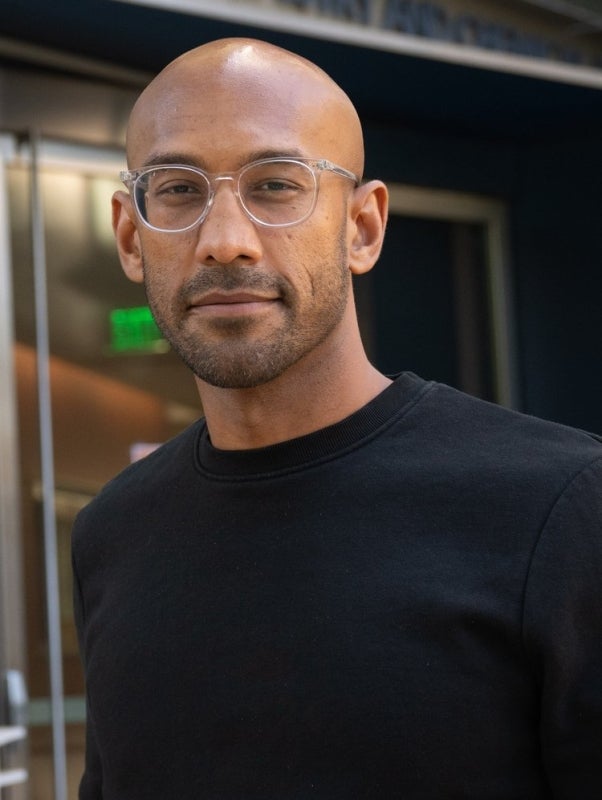Bacteria are arguably the simplest form of life; and yet, as multi-cellular collectives, they perform complex functions critical to environment, food, health, and industry. What principles govern how complex behaviors emerge in bacterial collectives? And how can we harness them to control bacterial behavior? In this talk, I will describe my group's work addressing this question using tools from soft matter engineering, 3D imaging, and biophysical modeling. We have developed the ability to (i) directly visualize bacteria from the scale of a single cell to that of an entire multi-cellular collective, (ii) 3D-print precisely structured collectives, and (iii) model their large-scale motion and growth in complex environments. I will describe how, using this approach, we are developing new ways to predict and control how bacterial collectives — and potentially other forms of "active matter" — spread large distances, adapt shape to resist perturbations, and self-regulate growth to access more space by processing chemical information in their local environments.

Sujit Datta is a Professor of Chemical Engineering, Bioengineering, and Biophysics at the California Institute of Technology (Caltech), where he moved in 2024. He was previously on the faculty at Princeton University, where he started as an Assistant Professor in 2017 and was promoted to Associate Professor and Director of Graduate Studies of Chemical & Biological Engineering in 2023. Prior to that, he did postdoctoral work studying the biophysics of the gut with Rustem Ismagilov at Caltech. He obtained his PhD in Physics in 2013 from Harvard after earning his BA in Mathematics and Physics and an MS in Physics in 2008 from the University of Pennsylvania. Sujit's research integrates experiment, theory, and computation to study transport processes of complex fluids, gels, and microbes in complex environments. His scholarship has been recognized by awards from a broad range of different communities, reflecting its multidisciplinary nature, including the Allan P. Colburn and 35 Under 35 Awards of the AIChE, three awards from the APS (Early Career Award in Biological Physics, Andreas Acrivos Award in Fluid Dynamics, and Apker Award), Pew Biomedical Scholar Award, Arthur Metzner Award of the Society of Rheology, Unilever Award of the ACS, Camille Dreyfus Teacher-Scholar Award, NSF CAREER Award, and Soft Matter Lectureship of the Royal Society of Chemistry.

